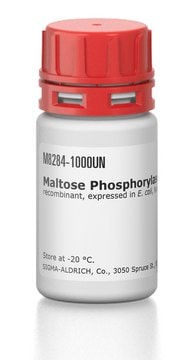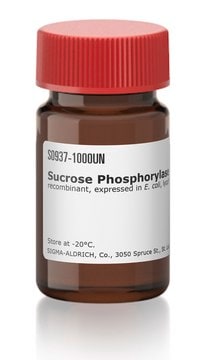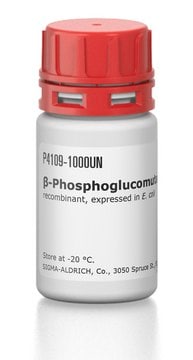P2534
Poly-L-histidine hydrochloride
mol wt ≥5000
Synonym(s):
L-Histidine homopolymer hydrochloride
About This Item
Recommended Products
form
powder
mol wt
≥5000
color
white to very light yellow
storage temp.
−20°C
SMILES string
N[C@H](Cc1c[nH]cn1)C(O)=O
Looking for similar products? Visit Product Comparison Guide
Related Categories
Analysis Note
Other Notes
Storage Class Code
11 - Combustible Solids
WGK
WGK 3
Flash Point(F)
Not applicable
Flash Point(C)
Not applicable
Personal Protective Equipment
Certificates of Analysis (COA)
Search for Certificates of Analysis (COA) by entering the products Lot/Batch Number. Lot and Batch Numbers can be found on a product’s label following the words ‘Lot’ or ‘Batch’.
Already Own This Product?
Find documentation for the products that you have recently purchased in the Document Library.
Customers Also Viewed
Articles
Humankind has utilized protein materials throughout its existence, starting with the use of materials such as wool and silk for warmth and protection from the elements and continuing with the use of recombinant DNA techniques to synthesize proteins with unique and useful properties.
Our team of scientists has experience in all areas of research including Life Science, Material Science, Chemical Synthesis, Chromatography, Analytical and many others.
Contact Technical Service










